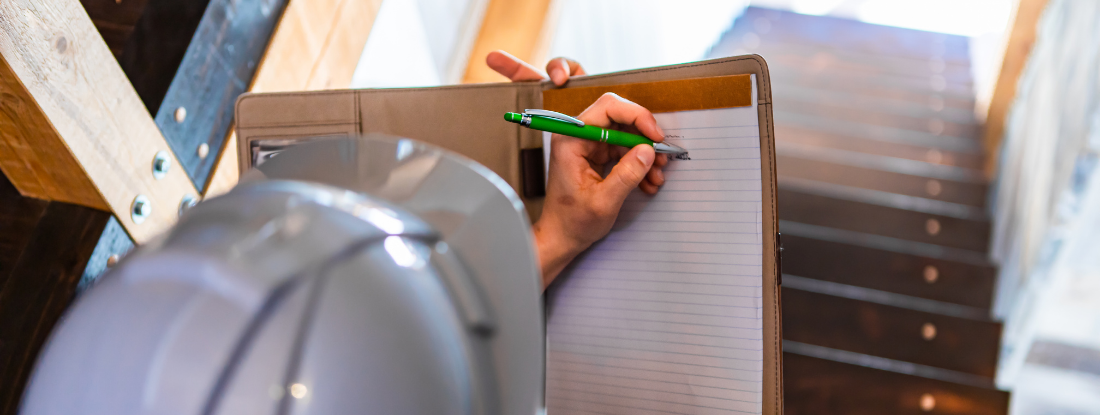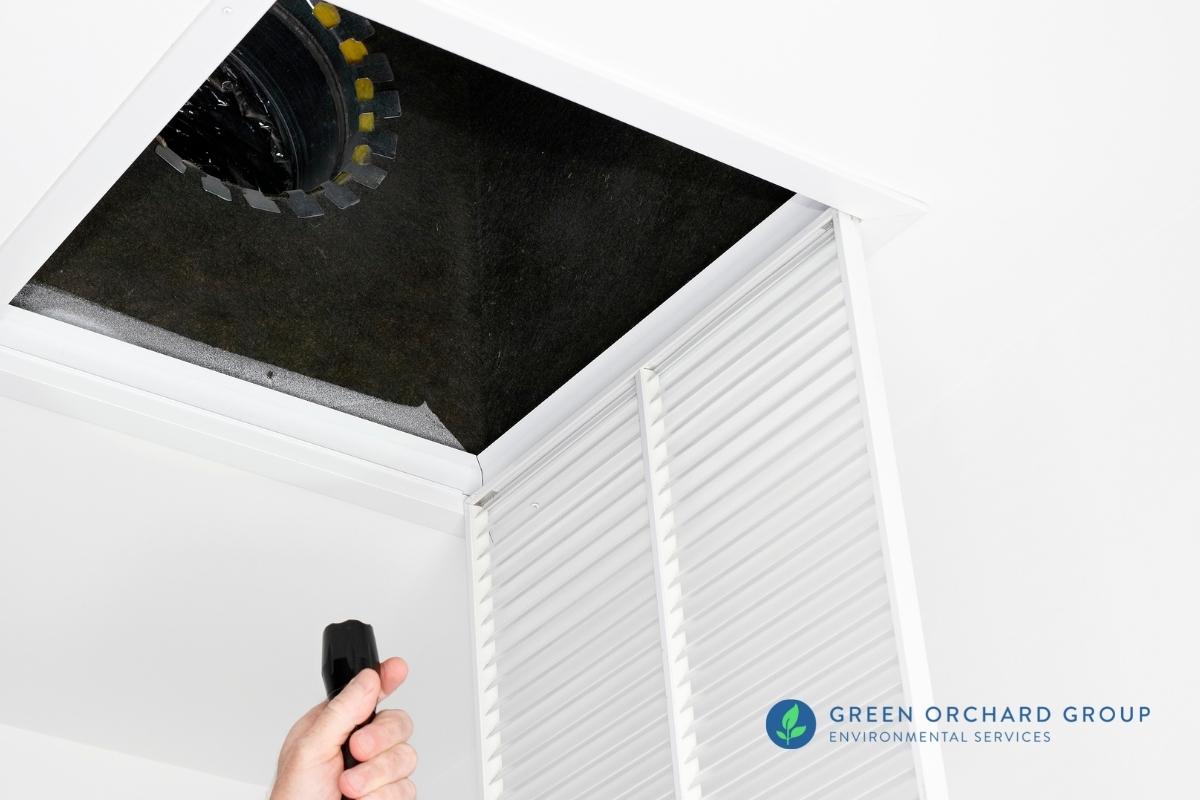Locating Post Remediation Inspection Near Me Services
Locating Post Remediation Inspection Near Me Services
Blog Article
Effective Blog Post Mold Removal Solutions for Your Home
Mold development in homes can be a persistent problem, usually requiring a systematic approach for efficient post-remediation options. From comprehending the elements that contribute to mold and mildew advancement to carrying out correct cleansing strategies and moisture control steps, the procedure can be intricate yet essential for preserving a healthy and balanced living atmosphere. After mold remediation.
Recognizing Mold And Mildew Growth Elements
Mold growth is affected by a variety of variables that are critical to comprehend in order to successfully attend to and prevent its spreading. Recognizing these elements is crucial in executing successful mold remediation strategies. The main variable adding to mold growth is wetness. Mold and mildew spores require moisture to prosper and germinate, making moist or humid settings very susceptible to mold and mildew invasions. Poor air flow can additionally lead to moisture accumulation, developing a suitable breeding place for mold and mildew.

Additionally, air movement and light exposure can affect mold development. Areas that do not have proper ventilation and natural light are extra susceptible to mold and mildew growth. By attending to these elements adequately, individuals can efficiently mitigate mold growth and guard their living settings.
Correct Mold Cleaning Strategies
Using efficient cleaning techniques is essential in stopping the reoccurrence and attending to of mold and mildew contamination in interior settings. When managing mold and mildew, it is vital to prioritize safety and security by putting on protective equipment such as masks, gloves, and goggles. The very first step in correct mold and mildew cleansing is to consist of the afflicted area to avoid the spread of spores to uncontaminated locations. This can be accomplished by sealing off the space and using air scrubbers or unfavorable air machines to maintain air quality.

Applying Dampness Control Measures
To effectively prevent mold growth and contamination in indoor settings, carrying out wetness control procedures is paramount. Furthermore, guaranteeing proper ventilation in areas prone to moisture buildup, such as shower rooms and cooking areas, can assist lower the threat of mold and mildew development. By diligently executing these moisture control procedures, property owners can properly lower the likelihood of mold and mildew recontamination and preserve a healthy indoor setting.
Making Use Of All-natural Remediation Solutions
After efficiently implementing moisture control procedures to avoid mold and mildew development in indoor settings, property owners can currently check out the performance of natural remediation remedies in preserving a healthy space. All-natural remediation solutions use eco-friendly techniques to deal with mold and mildew and mold, making them a prominent selection for those looking for non-toxic options. One such service is utilizing vinegar, basics an all-natural antimicrobial agent, to disinfect and clean surface areas infected by mold and mildew. Simply thin down vinegar with water and spray it onto the impacted locations, permitting it to sit for a couple of hours prior to wiping tidy. Additionally, tea tree oil, understood for its antifungal residential or commercial properties, can be blended with water and splashed onto mold-infested surface areas to hinder additional growth. One more natural choice is hydrogen peroxide, which can properly eliminate mold and mildew on various surfaces without leaving dangerous residues behind. By incorporating these natural remediation remedies right into their cleansing regimens, home owners can effectively fight mold and mildew growth while promoting a healthier interior environment for themselves and their family members.

Preserving a Mold-Free Atmosphere
Regularly evaluating locations prone to mold growth, such as bathrooms, attics, cellars, and kitchens, is critical. Appropriate ventilation in areas with high moisture levels is likewise vital to preventing mold growth.
Additionally, keeping cleanliness in the home is essential for mold and mildew avoidance. Frequently cleaning and cleaning surface areas, rugs, and furniture can aid get rid of mold and mildew spores prior to they have a possibility to settle and increase. Making use of mold-resistant items for building products and furnishings can even more aid in developing a mold-free environment. Keeping interior plants in check and guaranteeing proper drain in outside landscaping can decrease wetness build-up, lowering the chance of mold invasions. By complying with these proactive maintenance methods, property owners can properly maintain a mold-free space.
Final Thought
Finally, it is necessary to attend to mold and mildew development variables, make use of correct cleaning techniques, carry out moisture control steps, utilize all-natural remediation solutions, and keep a mold-free atmosphere in order to successfully deal with message mold and mildew removal in your home - what to do after mold remediation. By following these strategies, you can avoid mold from persisting and guarantee a healthy living setting for you and your family
The main element adding to mold and mildew growth is wetness. Mold and mildew spores call for moisture to sprout and thrive, making wet or damp settings highly vulnerable to mold and mildew infestations.To successfully protect against mold and mildew development and contamination in indoor settings, implementing dampness control actions is extremely important. Additionally, making sure proper air flow in areas susceptible to moisture buildup, such as shower rooms and cooking areas, can aid minimize the danger of mold and try here mildew growth.After successfully implementing moisture control procedures to avoid mold growth in interior atmospheres, house owners can now check out the performance of all-natural removal options in preserving a healthy living room.
Report this page